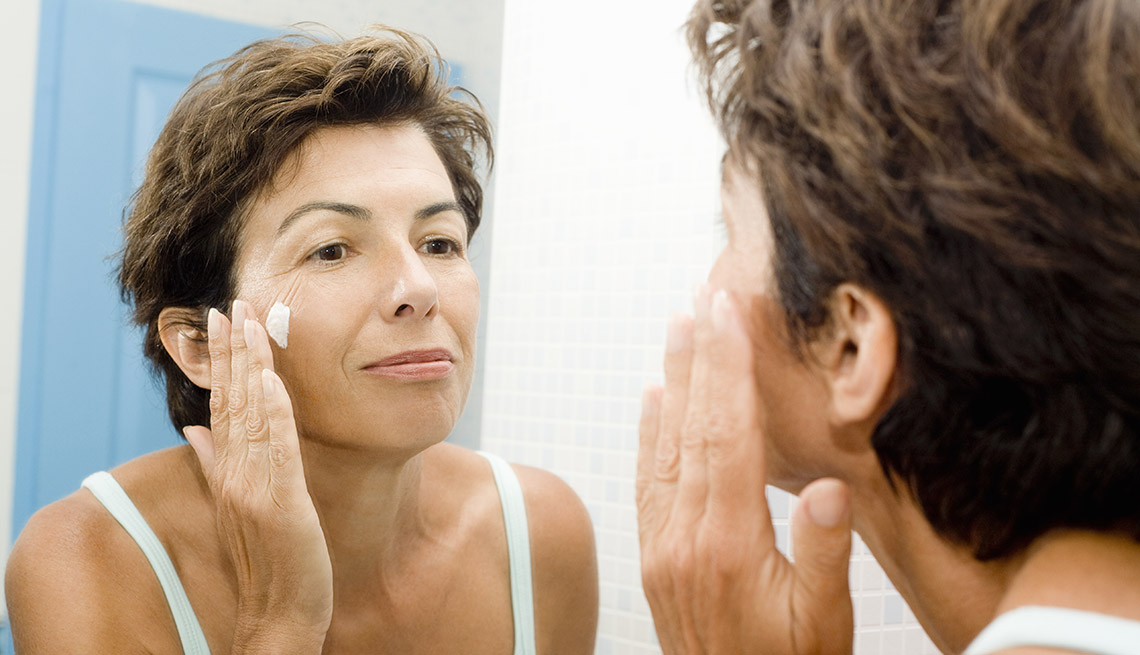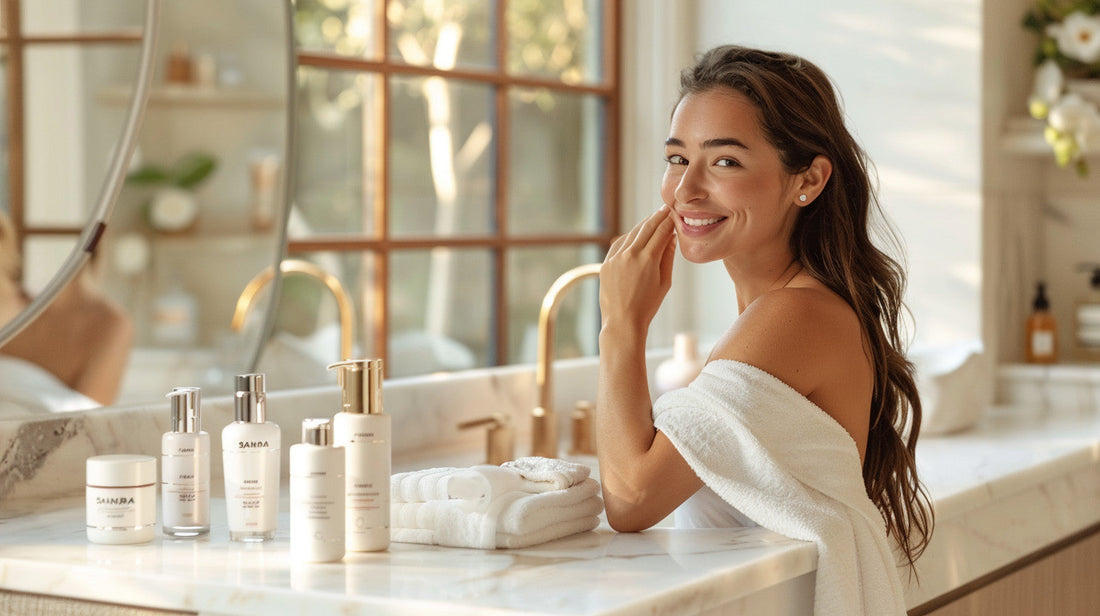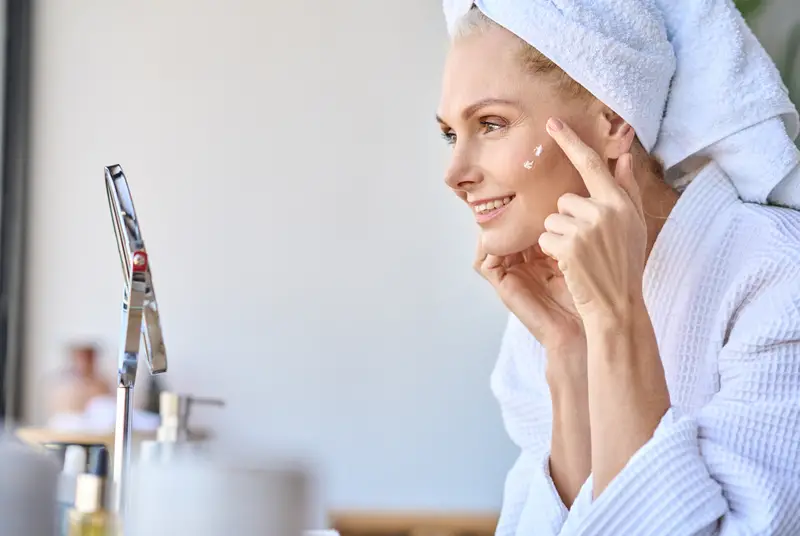How to Treat Hormonal Acne: A Guide for Beauticians
For many, acne is a persistent problem that extends beyond the teenage years, and as a beautician, understanding how to effectively manage and treat acne can be a game changer for your clients. Among the various types of acne, hormonal acne stands out due to its stubbornness and the way it ties into the body's endocrine system. If you're looking to provide your clients with the best advice on how to treat hormonal acne, this comprehensive guide is here to help.
Hormonal acne is typically caused by fluctuations in hormone levels, particularly during menstruation, pregnancy, or conditions like polycystic ovary syndrome (PCOS). These fluctuations can lead to an increase in oil production, clogged pores, and eventually, acne. As a beautician, your role is to help clients understand the root causes of their skin issues and provide them with effective solutions.

Understanding the Causes of Hormonal Acne
Before diving into treatment options, it's crucial to understand what triggers hormonal acne. The primary culprit is usually an imbalance in hormones like androgens, which can increase oil production in the skin. This oil, when mixed with dead skin cells, clogs pores and leads to breakouts.
External factors such as diet, stress, and lifestyle choices can exacerbate hormonal acne. For instance, high sugar intake can spike insulin levels, indirectly affecting hormone balance. Guiding your clients to maintain a balanced diet and manage stress can be part of a holistic approach to skincare.
Topical Treatments for Hormonal Acne
As a beautician, recommending the right products is key. Topical treatments often form the first line of defense against hormonal acne. Ingredients like salicylic acid, benzoyl peroxide, and retinoids can be effective in reducing inflammation and bacteria.
Encourage your clients to adopt a consistent skincare routine. The routine should be gentle yet effective, focusing on cleansing, exfoliating, and moisturizing. Additionally, introducing products like clay masks can help control oil production. For more on the benefits of clay masks, consider reading this clay masks guide.
Oral Medications and Hormonal Treatments
In more severe cases, topical treatments might not suffice. Oral medications, such as birth control pills or anti-androgens, can help regulate hormones and reduce acne. While these are usually prescribed by dermatologists, as a beautician, you can provide guidance and support to your clients in making informed decisions.
Moreover, some clients may benefit from natural supplements like zinc or omega-3 fatty acids, which can help reduce inflammation and support skin health.
Holistic and Lifestyle Approaches
Incorporating a holistic approach to treating hormonal acne can lead to more sustainable results. Encourage your clients to maintain a balanced diet rich in antioxidants and omega-3s. Foods like fish, nuts, and leafy greens can support skin health from the inside out.
Additionally, stress management techniques such as yoga or meditation can play a significant role in balancing hormones. A well-rounded skincare routine can also be beneficial, and for more tips on skincare routines, this skincare routine guide can be a great resource.
Professional Treatments and Spa Therapies
As a beautician, offering professional treatments can enhance your client's skincare regimen. Procedures like chemical peels, microdermabrasion, and laser therapy can provide deeper exfoliation and target acne at its core.
These treatments can be particularly effective when combined with a client's at-home routine. Educate your clients on the benefits of regular spa visits and how professional treatments can complement their daily skincare efforts.

FAQs About Treating Hormonal Acne
What is hormonal acne?
Hormonal acne is a type of acne that is influenced by fluctuations in hormone levels, often occurring during periods of hormonal change such as menstruation, pregnancy, or menopause.
Can diet affect hormonal acne?
Yes, diet can significantly impact hormonal acne. High sugar intake and processed foods can worsen acne, while a diet rich in whole foods and low in sugars can help improve skin health.
What skincare ingredients are best for hormonal acne?
Key ingredients to look for include salicylic acid, benzoyl peroxide, and retinoids. These help reduce inflammation, clear clogged pores, and prevent future breakouts.
In conclusion, understanding how to treat hormonal acne involves a combination of topical treatments, lifestyle changes, and professional therapies. As a beautician, your knowledge and guidance can empower clients to take control of their skin health and achieve clearer, more radiant skin.
This article contains affiliate links. We may earn a commission at no extra cost to you.

